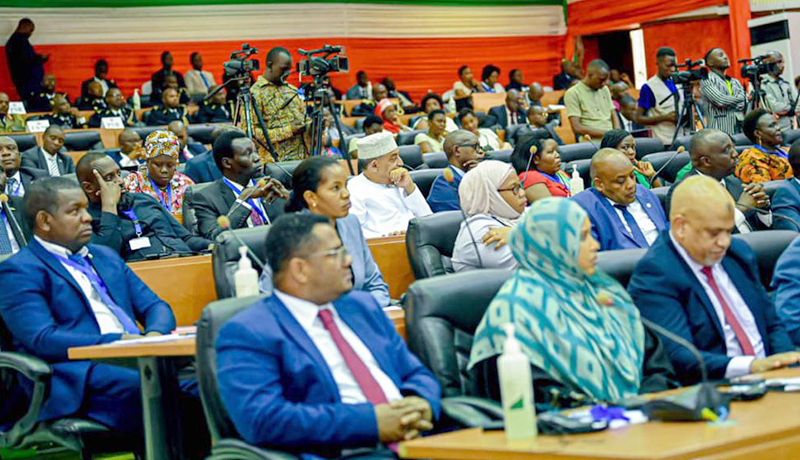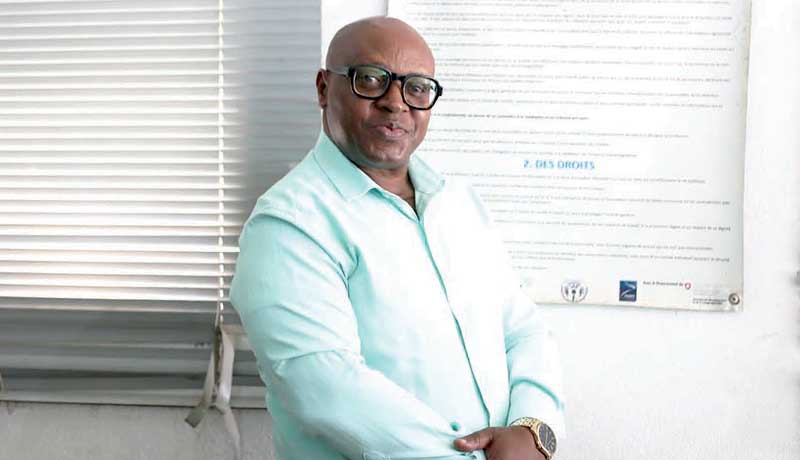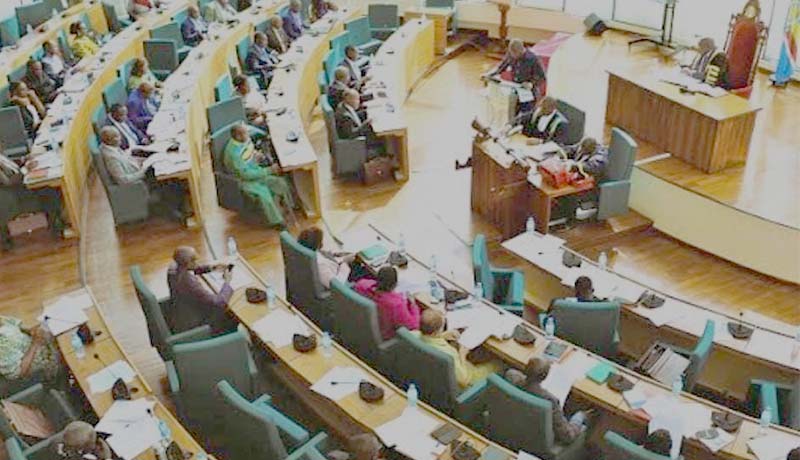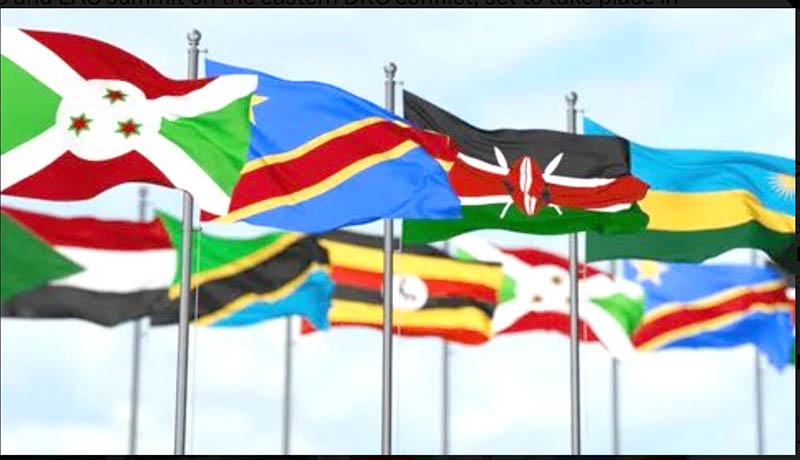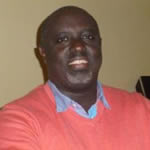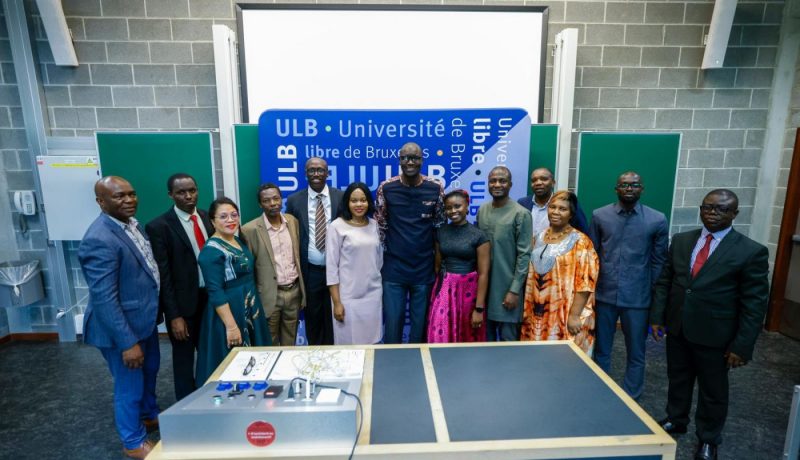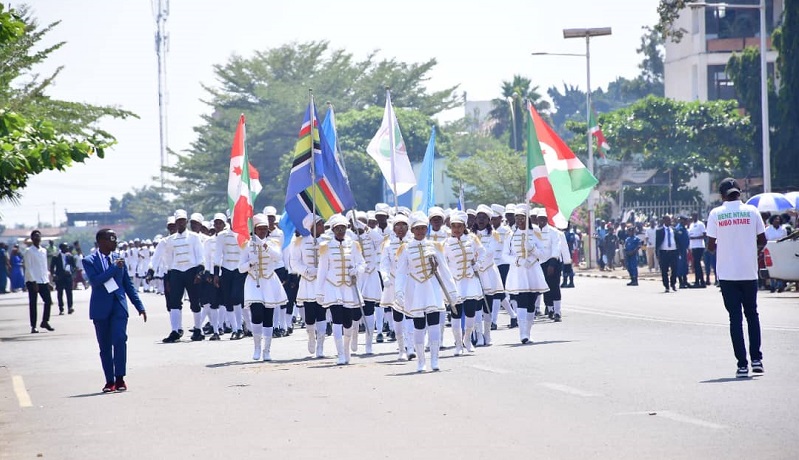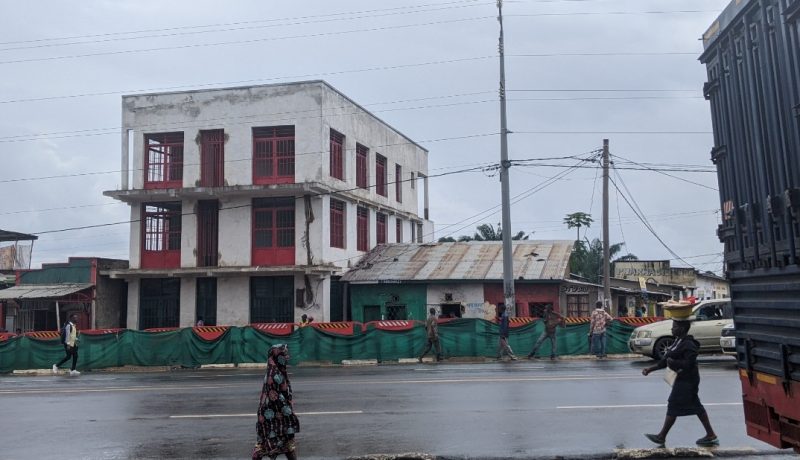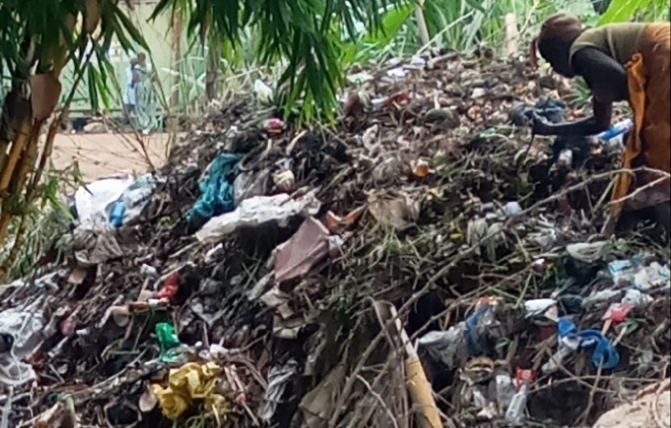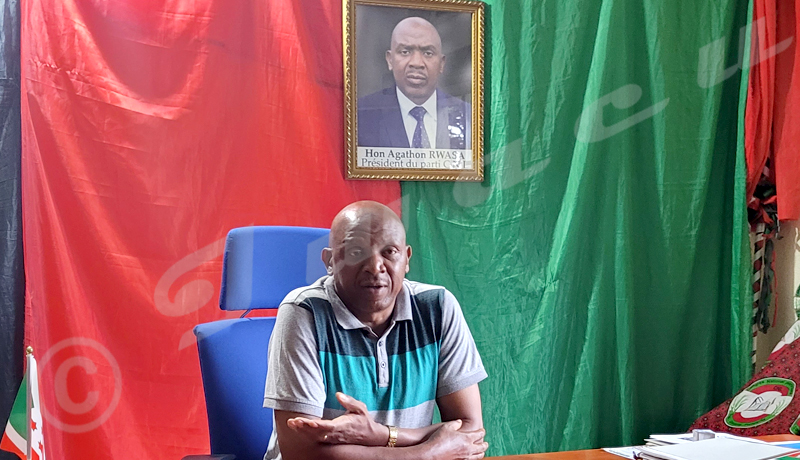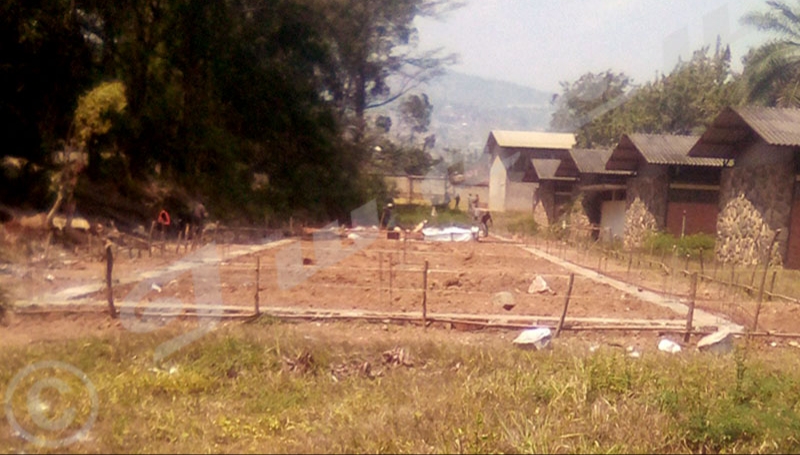South Sudan, Somalia and the Democratic Republic of Congo have applied officially to the East African Legislative Assembly to join the East African Community, the EAC reported on Aug. 23.
The three states have sent their applications to the assembly and they are currently going through the vetting process by the community executive.
According to Uganda’s representative and a commissioner to the assembly Nusura Tiperu, the vetting process for South Sudan is in the final stages and its membership may be considered before the end of this year.
Tiperu told the parliamentary committee on EAC affairs that no decision has been made on the applications for DRC and Somalia considering continuing instability in the two countries.
South Sudan became independent from Sudan in July 2011 and is working to overcome food security issues and continued violence over grazing lands and oil fields.
Somalia’s last stable government was overthrown in 1991. The country, where large regions have been ravaged by famine, banditry and Islamist insurgency, approved its first constitution in 20 years last month. “Somalia is more of a patchwork of semi-autonomous small states than a unified territory,” the BBC reported at the time.
The DRC, Africa’s largest and most resource-rich sovereign state but also among its poorest has been the victim of domestic and foreign groups pillaging its resources since before independence in 1960. The eastern region in particular is in the grip of instability caused by M23, FDLR and Mai-Mai rebels. If and when the DRC joins the community, it would become the second francophone state to sign up after Burundi.
Tiperu further said the EAC is considering including more members in the integration process so as to foster competition, wider access to markets, larger and more diversified investment and production, and stability, as well as bargaining power for countries involved.
She added that bringing more countries on board in integration would be multidimensional to cover the movement of goods and services, capital and labour, social-economic policy coordination and harmonisation, infrastructure development, environmental management and reforms in other areas such as governance, defense and security.
Bernard Mulengani, chairperson of the EALA Uganda chapter, noted that the sustainability of the East African Community and the achievement of a political federation will depend on a level of political goodwill.
However, he cited the EAC report on fast-tracking that indicated that the fear of loss of sovereignty is an issue in the minds of some members of the political elite of East Africa, where people think that in implementation of the federation, the nation-states would cease to have any meaningful powers and would be relegated to mere provinces within the federation.
